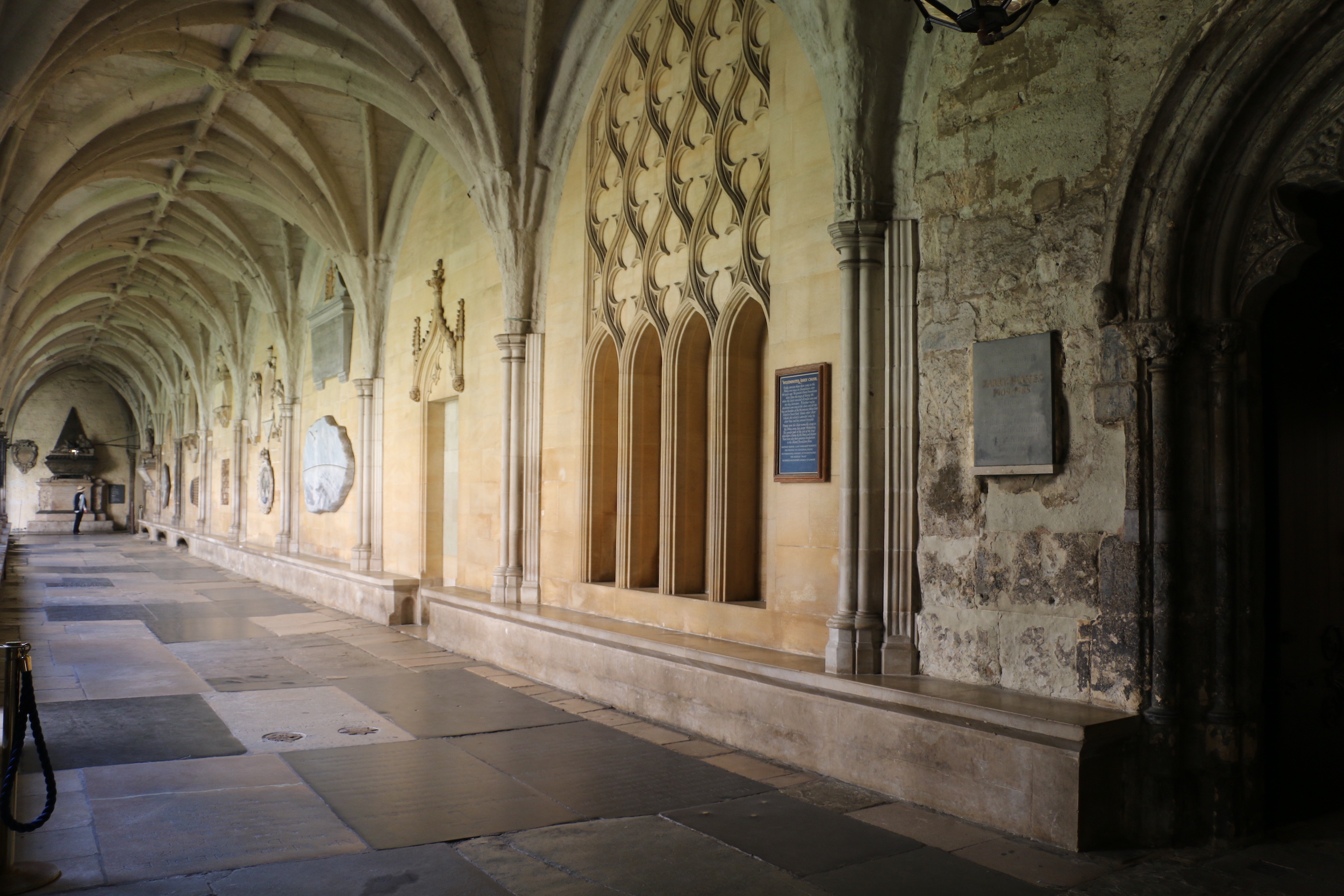A memorial celebrating the life of Sir Ernest Shackleton created by sculptor Will Davies will be dedicated by the Very Reverend Dr David Hoyle at Westminster Abbey on 15 February. The stone will be located in the Abbey's south cloister, close to a memorial to pioneering sailors Captain James Cook, Sir Francis Chichester and Sir Francis Drake.
The memorial, created in Will's Hampshire studio, incorporates natural stone including Connemara marble and Kilkenny limestone to reflect Shackleton's Irish heritage. Born in Ireland in 1874, Shackleton moved to London as a boy and, at the age of 16, he joined the Merchant Navy, qualifying as a master mariner in 1898. Shackleton's first experience of the polar regions was as third officer on Captain Robert Falcon Scott's Discovery expedition of 1901–1904, from which he was sent home early on health grounds. In 1907, Shackleton returned to Antarctica, leading the Nimrod expedition. Within 97 miles of the South Pole, he decided to turn back as food supplies were low.
His most notable expedition was that of Endurance in 1914, where he hoped to achieve the first crossing of the White Continent from the Weddell Sea via the South Pole to the Ross Sea. Although he was unsuccessful in reaching the destination, the survival of his crew highlighted his exceptional leadership.
During his career, Shackleton was awarded the Polar Medal, which is presented by the British monarch to recognise outstanding achievements in the field of the polar research; fourteen medals by other nations; and eighteen medals by geographical and learned societies. Shackleton is remembered as one of the key figures associated with the period known as the Heroic Age of Antarctic Exploration. He died in 1922 at the age of 47.
The Very Reverend Dr David Hoyle said: "Shackleton’s name conjures up a little bit of an old and familiar narrative about a great man with remarkable courage and resilience. That is true, but it does not do justice to his achievement. Shackleton was more than an explorer, he was a story teller. A pioneer in photography and film and an inspiring speaker, he planted the idea and image of the Antarctic in our imaginations. Shackleton helped persuade us towards a new excitement about science and a deeper reverence for the world in which we live. This memorial will help sustain that legacy of wonder."
You can read more about the memorial and the work of Will Davies in the next issue of Stone Specialist – out later this month.

